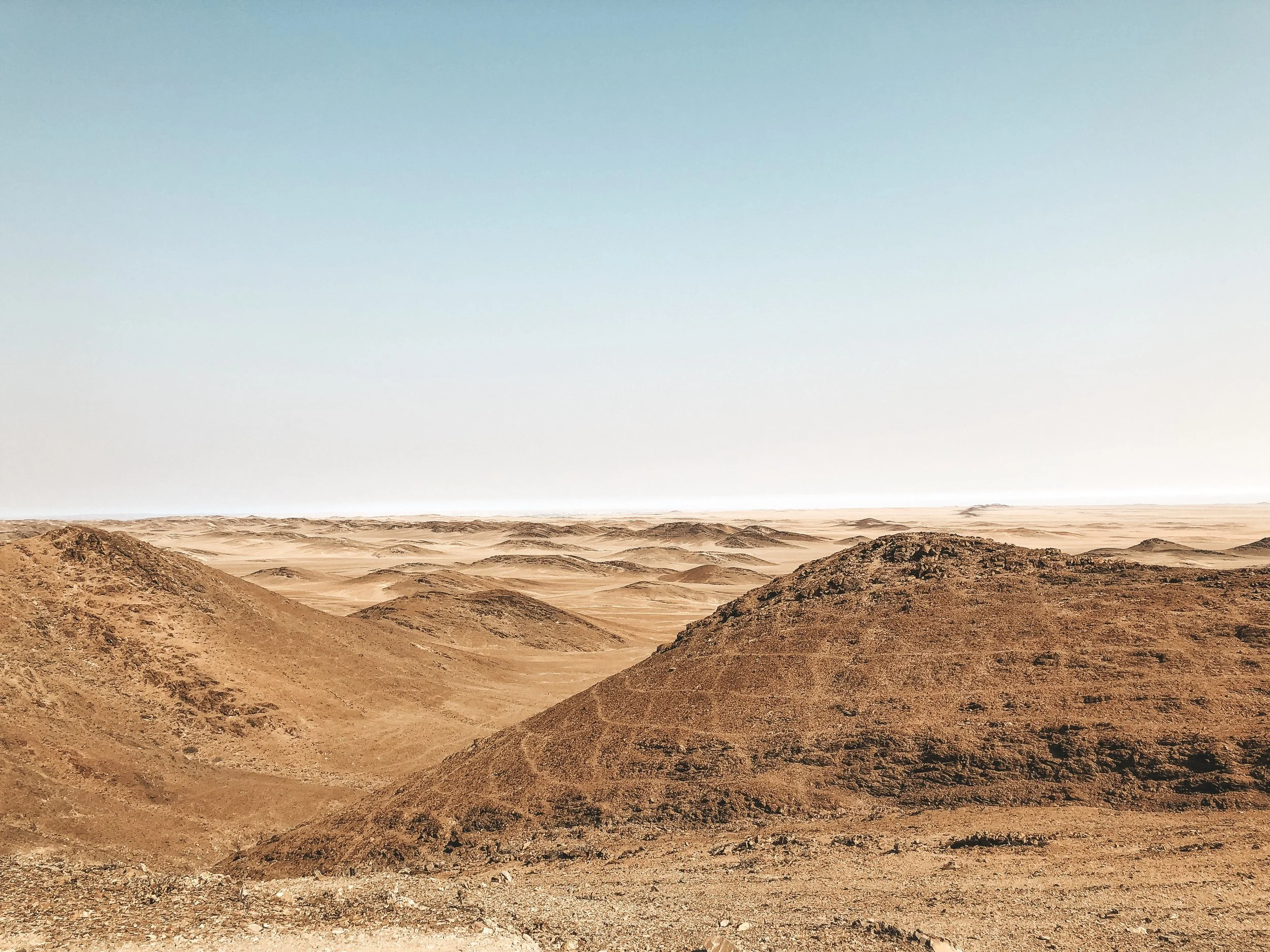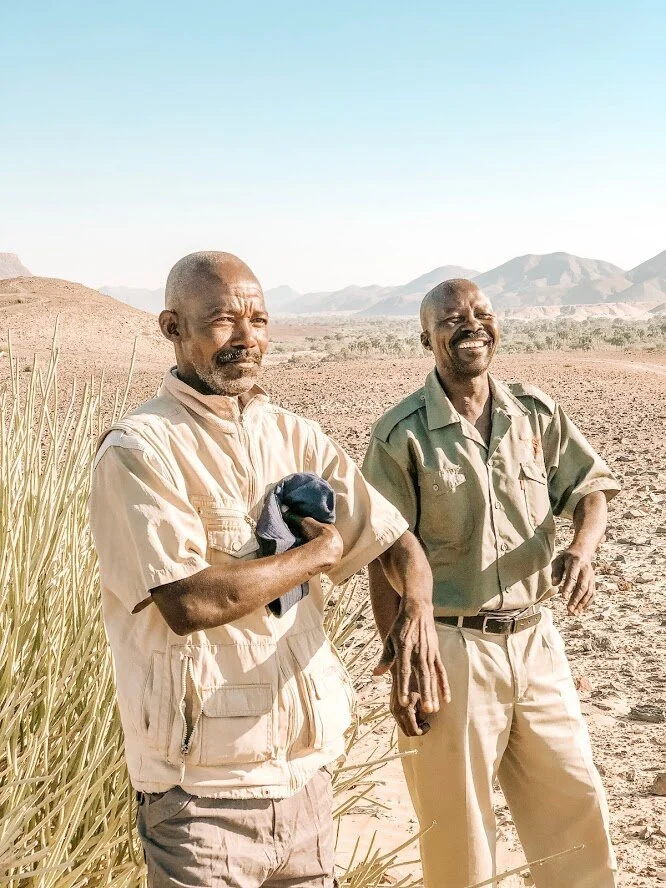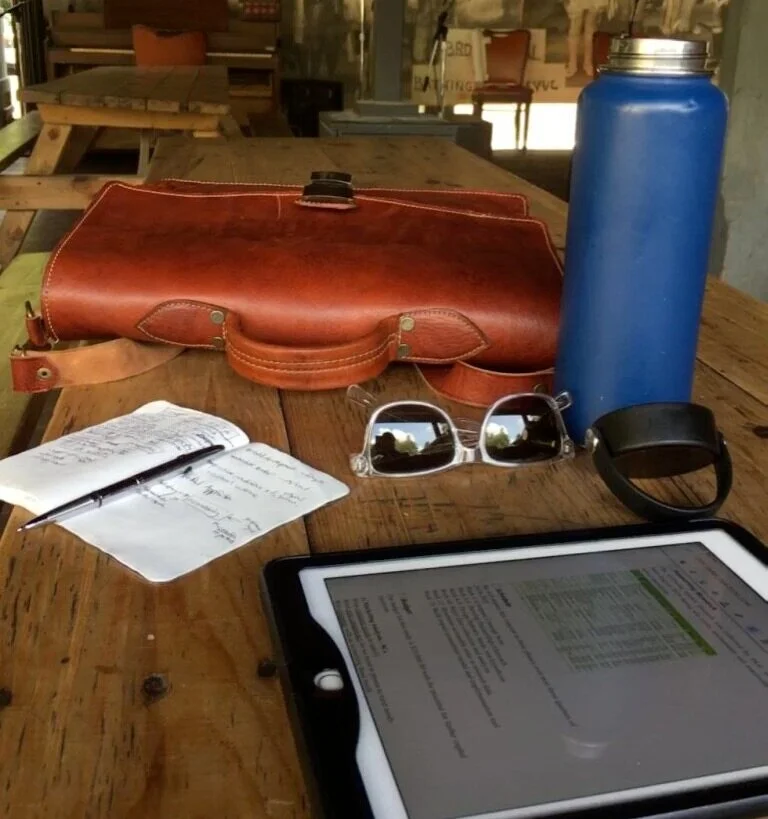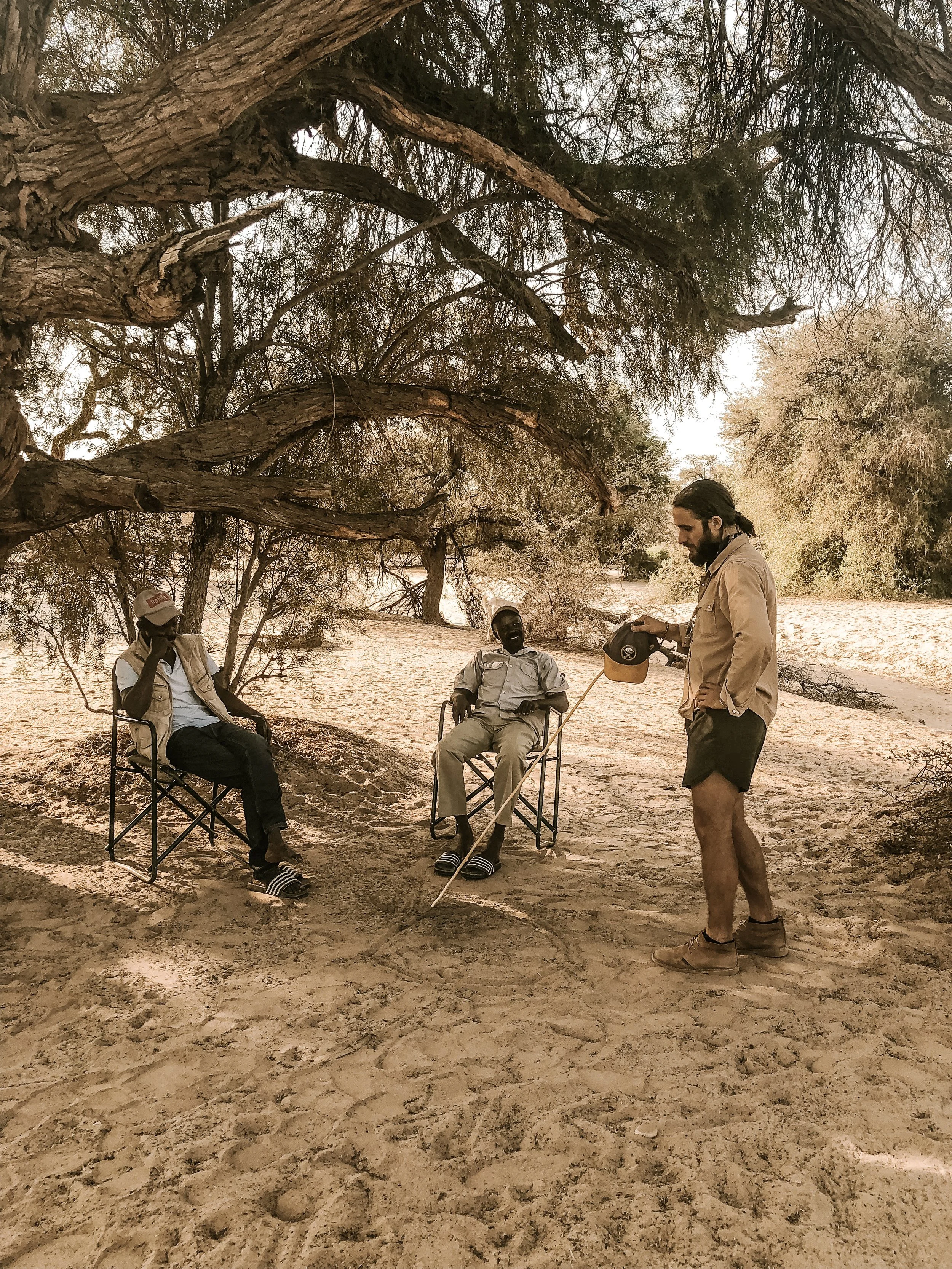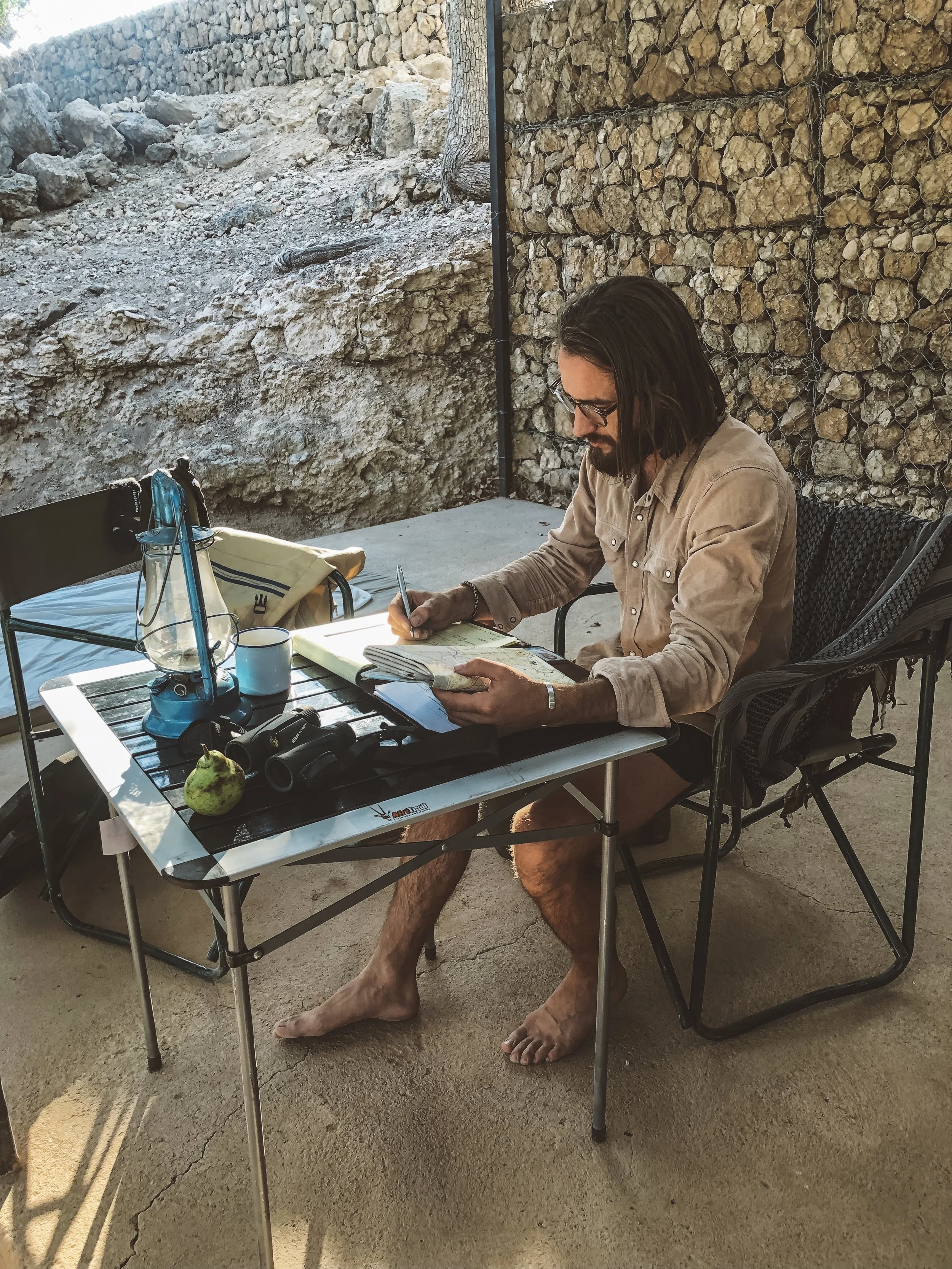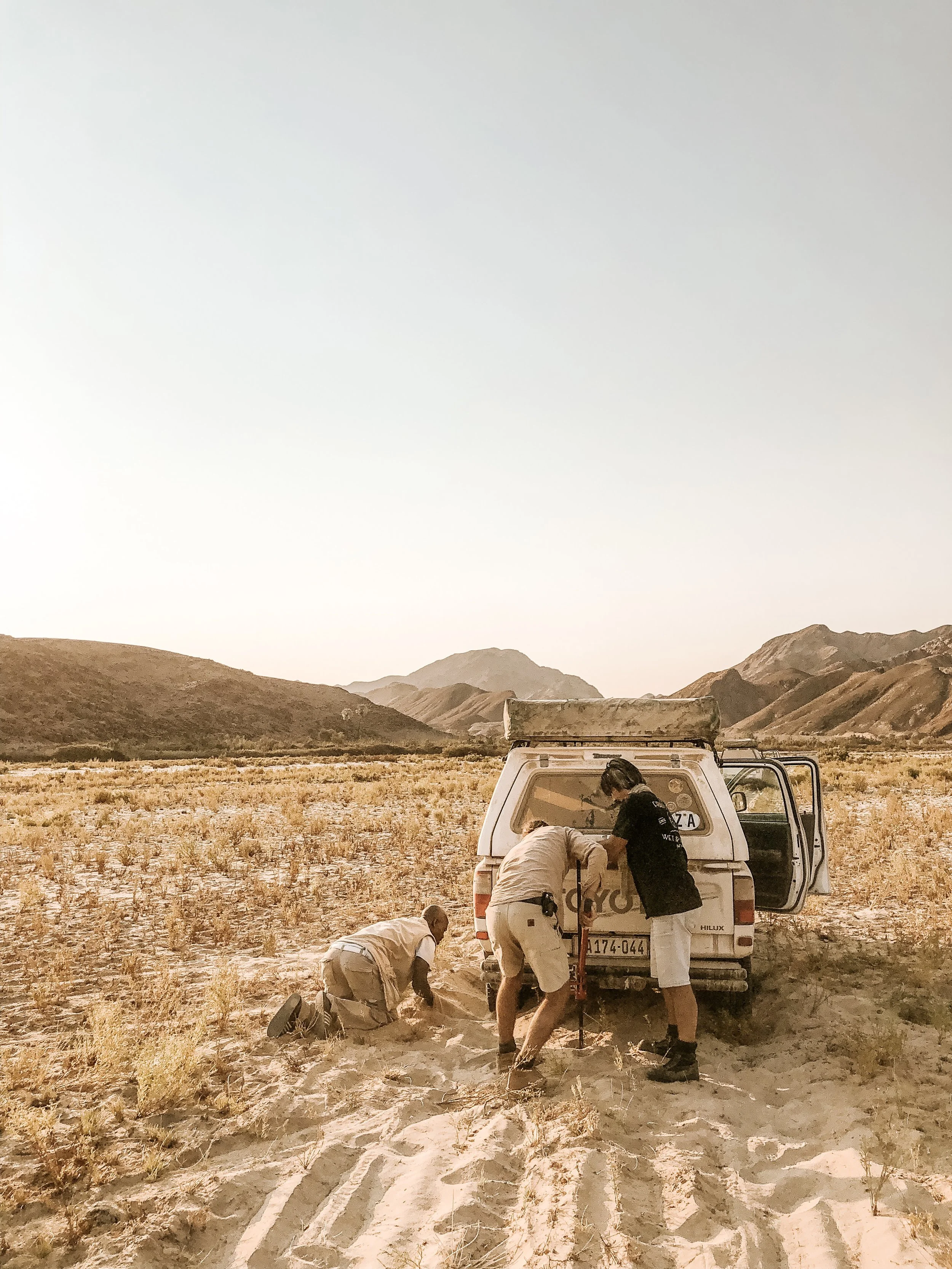Dann Good Company is conducting a review of safari industry adaptive management practices, and aims to create a framework for safaris of character to continuously improve their resilience in an increasingly competitive environment.
The researcher is Jesse Dann, the founder of Dann Good Company, he is an American raised in South Africa, a former Wilderness Safaris camp manager in Namibia, alum of Georgetown University’s School of Foreign Service and a practitioner at the intersection of inclusive economic development, family business management and conservation-tourism.
The purpose of this research study is to determine the resiliency of family-owned safari operations, their methods for succession planning and to measure the quality of their impact on rural economic mobility and nature conservation.
The approach is a blended-methodology of collecting operational-level impact data as well as collecting contextual observations from interviews with a range of safari industry stakeholders: experts, business owners, key staff, community members, conservation organizations and safari guests.
The use of this study is academic in nature and for the benefaction of safari industry stakeholders to facilitate their efforts to bridge the gap between measuring their sustainable practices and their impactful outcomes.
The participants in this research study are volunteers. To become involved, please contact Jesse Dann at jesse@danngoodcompany.com or on WhatsApp at +1.978.505.8780
Tour Route
To build relationships & exchange ideas, DGC conducted a listening tour, from July to August 2019, traversing over 7000 kilometers and interviewing over 30 family-owned safari operators across Namibia, Botswana and South Africa.
survey Results
Jesse conducted inquiry based in-person conversations with a range of safari industry stakeholders, including travel experts, lodge owners, key staff, and community leaders. Initial results identified clear stakeholder sentiments regarding weak accountability, greenwashing, and market trends of commercialization and over-tourism. The high quality analysis from stakeholders is a testament to the strength of the safari industry’s human capital.
Further analysis
The preliminary results of this survey have informed and focused a further hypothesis-driven needs assessment that will be conducted by collaborating with leading family safari operators. These assessments may be used to help operators answer pressing questions, meet new challenges and project a positive legacy over the horizon.

